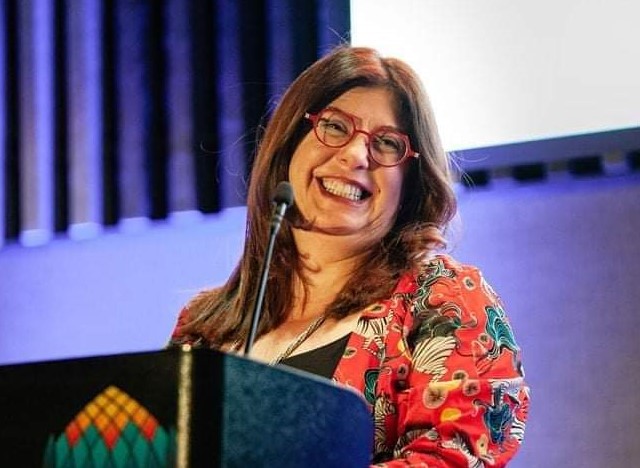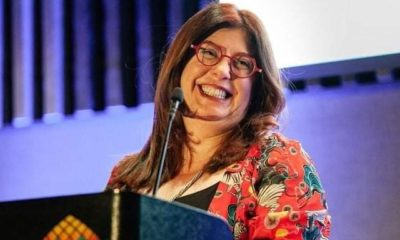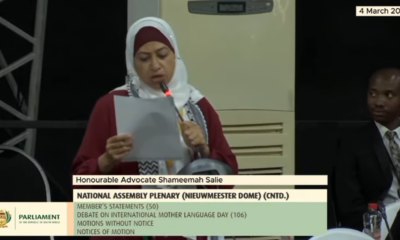
Voices

Communal health and contemporary antisemitism
The South African Jewish Board of Deputies (SAJBD) last weekend hosted both its Cape and Gauteng conferences. In an unusual step, we chose to hold the conferences on the same day so that we could allow our special guest, Dr David Hirsh, to attend and address both events. Dr Hirsh is a leading expert on contemporary antisemitism, and is the chief executive and academic director of the London Centre for the Study of Contemporary Antisemitism, as well as a senior lecturer at Goldsmiths, University of London. The events were both exceptionally well attended, and are further testament to the vibrancy and health of our community.
In his opening remarks at the Gauteng conference, political analyst Wayne Sussman echoed this sentiment. He reflected on the dynamic nature of Jewish community events, having attended several across the country in a single week. Sussman’s analysis of the government of national unity was, as expected, sharp, engaging, and insightful.
In Johannesburg, we gave our appreciation to outgoing Chairperson Harold Jacobs, who was at the helm over a very trying period that incorporated both the COVID-19 pandemic and 7 October massacre. Jacobs’ calm and consultative leadership as well as his exceptional legal knowledge were integral to the Gauteng Board’s successes in past years, and the community owes him a great debt of gratitude for his unwavering dedication through these complex periods.
In Cape Town, Dr Hirsh delivered a compelling presentation on the rise of contemporary antisemitism. His analysis of these troubling trends resonated deeply with attendees. Following this, I had the honour of joining him for a panel discussion chaired by newly appointed Gauteng SAJBD Chairperson Danny Mofsowitz. The panel delved into pressing issues, including growing concern about antisemitism on university campuses and the increasingly blurred lines between anti-Zionism and antisemitism.
Dr Hirsh stated that the commonly stated Golda Meir quote, “The world hates a Jew who hits back. The world loves us only when we are to be pitied,” was shown by the events that followed 7 October to be only partially true. While the world does indeed hate it when Jews hit back, the celebrations and victim blaming that followed 7 October reveal that the world doesn’t love us when we are to be pitied either.
Though we may take some solace in the fact that the situation in South Africa – especially on our university campuses – appears more manageable compared to other Jewish communities around the world, we cannot ignore the alarming rise in antisemitic incidents post-7 October. Through hosting Dr Hirsh and introducing him to media outlets, think tanks, legal professionals, educators, and academics, we hope to further educate and raise awareness of contemporary antisemitism and its evolving manifestations. Engaging with broader society on this issue remains critical, and we are deeply grateful to Dr Hirsh for his invaluable contribution to this mandate.
As the month of Elul continues and we head toward the high holidays, I’m heartened by the strength, health, and vibrancy of our community. May we all harness the momentum and spirit of this period and carry it forward into the new year.
- Listen to Charisse Zeifert on Jewish Board Talk, 101.9 ChaiFM, every Friday from 12:00 to 13:00.








